Below are two excerpts from Nicholas E. Meyer’s new book Beyond the Gods—Facing life’s biggest questions, like the meaning of existence, without any supernatural support. It is published by Hypatia Press and can be purchased here. The book’s illustrations, including the cover illustration, are the work of the author.
Excerpt 1
This first excerpt begins with an explanatory note taken from the book’s back cover:
How can you live without believing in anything? Can miracles be accounted for? How can we face death?
For all those who see the “answers” given by religion to all such queries as illusions devised to cover up a natural ignorance, or to give the questioners a feel-good sop—or, alternatively, to scare them—Beyond the Gods proceeds to show how they can be handled, one by one, without an otherworldly contrivance in sight. Its instrument is no-nonsense logic, its method easy language, wit and a light touch.
And so to the excerpt itself:
Enjoying a thoroughly lay worldview—a worldview without any gods or other supernatural phenomena in it—can do several things for us, in terms of providing an approach to the issue of death. Here are four:
(1) It bases that approach on an unadorned understanding of our true biological position in the scheme of things. Knowing that this is so is a satisfaction in itself.
(2) Contrary to habitual expectations, lack of belief in God can actually make the fact of death easier to digest, rather than more difficult. It entirely frees us from the twisting and turning in the wind that believers endure when they seek to convince themselves there’s some good reason why their basically beneficial God foisted death and other miseries on them.
(3) Thirdly, there is the satisfaction, a very basic and crucial one, of knowing that we are not facing our problems with spurious crutches, but standing up to them on our own two legs. And this even brings a bonus: the legitimate pride we may derive from such self-reliance is actually greater the greater the loss we are faced with.
(4) Having a lay worldview just dissolves all the fears and all the problems of the afterlife. But they are not dissolved like a puff of smoke in the wind, or like Count Dracula when the sunlight hits him, because the process is an even more powerful one: it’s not a question of taking something that exists and making it vanish. What the lay worldview shows us is that there never was anything there in the first place.
In the face of death, we naturally experience grief. The above consolations may seem paltry by comparison, but they have a huge advantage over any apparently stronger ones that are based on an intervention of the supernatural: they are real. They may be small, but there is nothing phony about them.
Excerpt 2
This excerpt is taken from Chapter 15, ‘Death and immortality’:
Death can be inexpressibly sad. The death of loved ones, it goes without saying; and our own perhaps too. It’s much more than merely having to leave so many dear people and things, and life itself, and unfinished projects. The dying replicant puts it beautifully in the movie Blade Runner: “I’ve seen things… you people wouldn’t believe. Attack ships on fire off the shoulder of Orion… I watched C beams glitter in the dark near the Tannhäuser Gate… All those… moments… will be lost… in time… like… tears in the rain.”
And these are just an android’s feelings.
It should be evident, but it’s worth stating explicitly, that a lay worldview cannot offer any ultimate consolation in the face of death. Death is indeed a terrible, devastating thing. (Save perhaps in the case of some abominable scoundrels whom we may suspect have it richly coming to them. As the Lord High Executioner sings in The Mikado, “They’d none of ’em be missed—they’d none of ’em be missed!”)
But, on the other hand, the lay worldview does offer some considerations that can, to some extent, help us to bear death since bear it we must, anyway.
One absolutely fundamental element, which in fact lies at the heart not only of this section but of the entire book, is doing one’s best to avoid vanity and thus to assess our real situation and importance soberly. If that’s done—admittedly not an easy chore, by any means—one realizes that the warranted question is no longer “why do we have to die?” but “why shouldn’t we have to?”
We may strongly rue the fact that we have chanced to appear in a chain of life that is organized on a basis of discardability of the individual. But that’s what happened—that’s where we appeared in the world’s scheme of things.
Consider that it could be worse, because we could be like those other animals that lay thousands of eggs so that a just a few offspring may reach maturity. It could also, admittedly, be much better. Life could have been simpler, and far more secure.
But that’s the way it is. Those are the facts; we must face the facts. Wittgenstein began his Tractatus Logico-Philosophicus with the statement, “The world is everything that is the case.” He probably thought of this as crystal-clear, maybe in the sense of “There are no fairies—fairies aren’t the case—so don’t believe in them.” In actual fact various things could be meant by the statement, which people still debate; some may even suspect that it hides a tautology. But one of the things Wittgenstein must definitely have meant is that we must not look in our world for things that are not the case; and in this, we can safely follow him.
This is our world, not a different one; and in it, the case is that everything that lives, dies. (All right, there are some arguable fringe cases. There is, for example, a plant by the name of Welwitschia mirabilis that lives solitarily and with shriveled tips in the Namib desert and seems to go on forever; there are some small organisms that reproduce by asexual cloning, or that periodically regress to a larval state and then regrow, about which it’s still debated if they should be considered as having one life that’s everlasting. But think about it. Who really wants to live forever half-shriveled in the Namib desert, or to be a tiny asexual creature or periodically be a larva?)
In this our world, some entities are endowed with life; and, at the end of life, comes death. It’s that simple. Tough, too. But this is the case.
Now, beyond what was said in the previous paragraphs, the question, “Why do we have to die?” isn’t even properly phrased. “Having” to do anything, in that sense, could be seen to imply the existence of some entity that does the commanding. Even seeing the question in terms of a “nature that has made things so” places the issue atop a slippery slope of anthropomorphic nature, teleology and, in the end, pantheism.
If we want to keep the gods out of things, there is a suitable way to handle questions of the type, “Why is this, or that, or the other, so in life?”
The procedure is to handle them the same way we handle questions like “Why does water flow down rather than up?” In other words, we seek to establish the natural causes, if we can, rather than chase metaphysical wherefores. This doesn’t mean reducing everything to physics and chemistry, because things may also be due to complex psychological, sociological, economic or similar causes which are not reducible to physics and chemistry. But they’re definitely not metaphysical.
Why does water flow down rather than up? Nobody, not even devout believers in God, nowadays answers that it does so because that was God’s will (although some people still think that water can be controlled by supernatural agencies, given that they pray against floods or droughts). What we say instead is that water flows down because of gravity; and then either we can account for gravity in turn, or we can’t. But, after great tribulations in the history of knowledge—and often against a bloody rearguard action by the established bodies of belief—we have realized that it’s pointless to see that kind of question in terms tantamount to “Who arranged for water to flow down rather than up?” Much less does the question entail this other: “Did we do something bad that caused the choice to be down rather than up?” Let alone, “If we resolve to be good from now on, will water please, please flow up rather than down?”
Yet asking such questions is the otherworldly approach that most people don’t see as at all laughable, when they apply it to other questions of the “why is this so in life?” type.
We may “feel” that the why of death is very different from the why of the direction of water flow. But in fact they both refer to facts of nature, and if there is a difference it’s only that our own death, or that of a loved one, affects us more powerfully.
Psychologically, the approach outlined here will be of greater help to some people than to others. It cannot wholly comfort anyone, no matter what his or her psychology, in the face of his own death or that of a loved one. But it’s all we have, if we have given up the gods as a perhaps handy but unwarranted support. (…) This most certainly doesn’t mean we should accept everything dumbly and not try to improve things through medical, scientific and social discoveries and improvements that make our lives better. Quite the contrary—it is religion which has historically taught people to accept things as they are, has opposed changing things, and has tended to only accept scientific discoveries and medical improvements when forced to, grudgingly, with bad grace, and decades or centuries late.
Purchase Beyond the Gods—Facing life’s biggest questions, like the meaning of existence, without any supernatural support here.


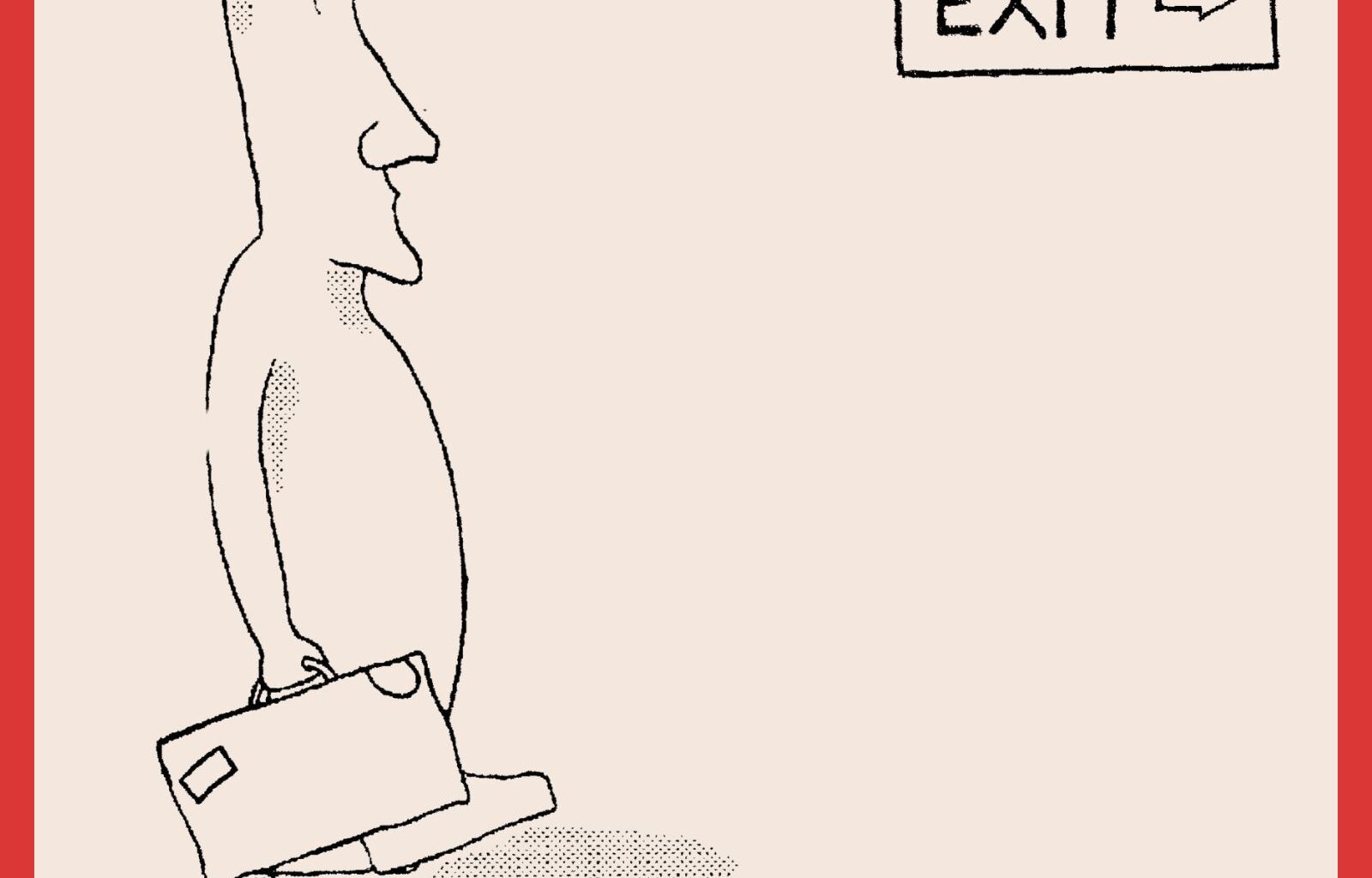
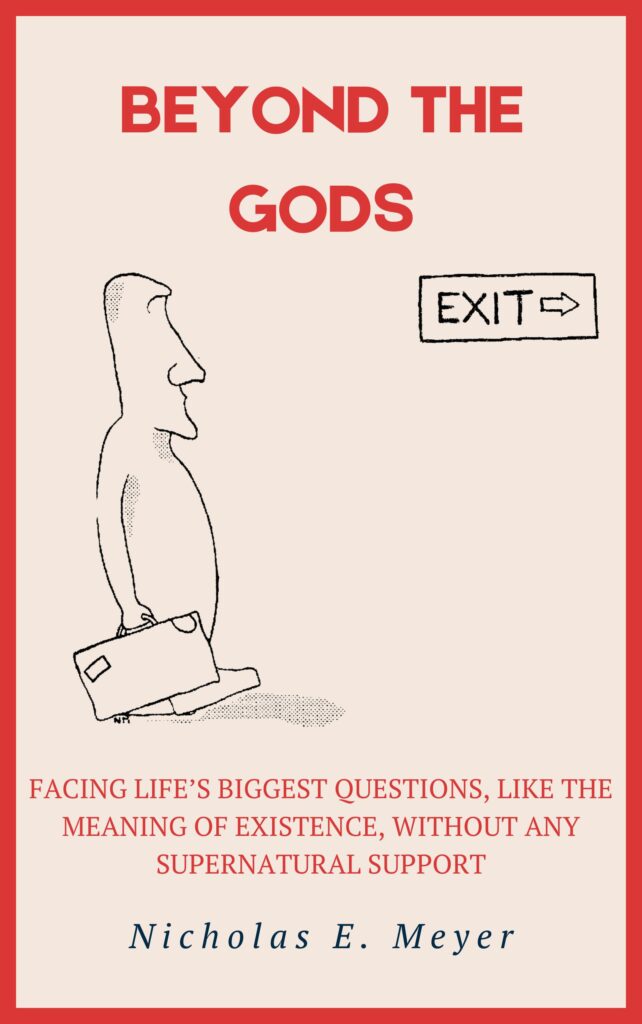
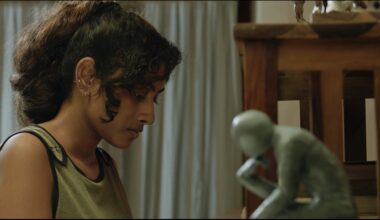

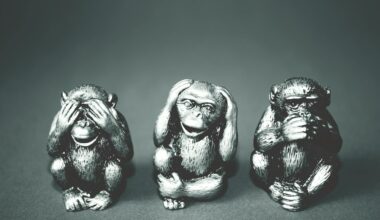

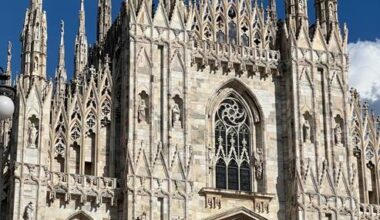

Your email address will not be published. Comments are subject to our Community Guidelines. Required fields are marked *
Donate